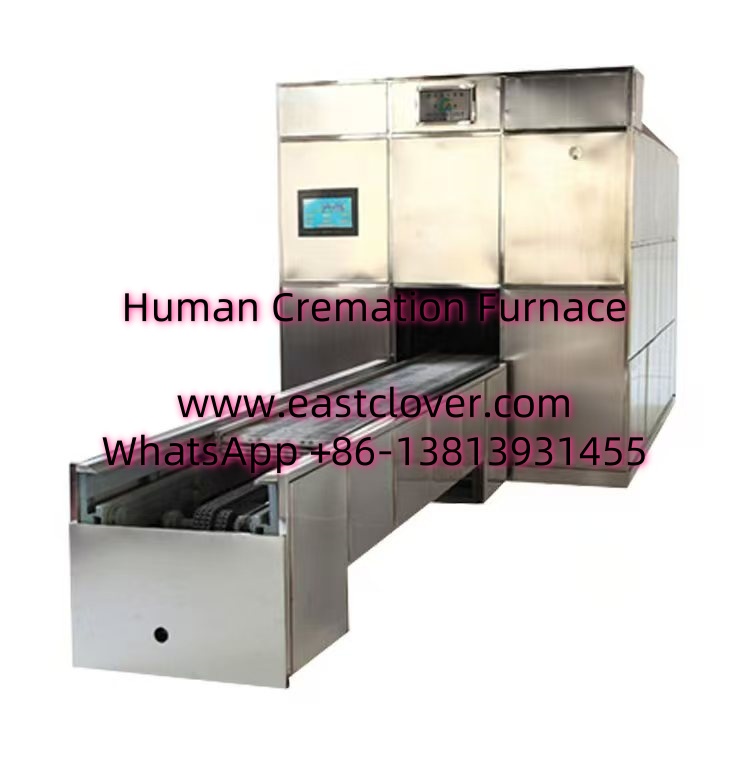News General analysiss & Introductions
Cremation has become an increasingly common choice for end-of-life arrangements worldwide. As demand grows, so does the need for reliable, safe, and environmentally responsible cremation practices. Central to this process is the cremation furnace, a highly specialized piece of equipment designed to operate at extreme temperatures while adhering to strict regulatory standards. International cremation furnace certification ensures these systems meet globally recognized benchmarks for performance, safety, and environmental sustainability.
Certification involves thorough testing and evaluation by accredited bodies to verify compliance with technical, ethical, and ecological guidelines. These standards address factors such as emission controls, energy efficiency, operational safety, and maintenance protocols. Organizations like the International Cremation Federation (ICF), Cremation Association of North America (CANA), and European Federation of Cremation Associations (EFCA) collaborate with governmental agencies to establish harmonized criteria. This global alignment helps manufacturers, operators, and regulators maintain consistency in quality and accountability.
The push for international certification stems from growing environmental concerns and the need to mitigate the ecological impact of cremation. Modern furnaces must limit pollutants like mercury (from dental amalgams), particulate matter, and greenhouse gases. Certification processes also ensure ethical handling of human remains, fostering public trust in cremation as a dignified practice.
www.southclover.com
International cremation furnace certification is a cornerstone of responsible end-of-life care in a globalized world. By adhering to rigorous standards, certified furnaces minimize environmental harm, prioritize operational safety, and uphold ethical practices. As cremation rates continue to rise, stakeholders—including manufacturers, funeral service providers, and policymakers—must prioritize certification to ensure transparency and sustainability. Investing in certified technology not only aligns with regulatory requirements but also demonstrates a commitment to honoring the deceased and protecting the planet for future generations.
FAQs
What is international cremation furnace certification?
It is a validation process ensuring cremation furnaces meet global standards for safety, emissions, energy efficiency, and ethical operation. Certification is typically issued by accredited third-party organizations after rigorous testing.
How often must cremation furnaces be recertified?
Recertification intervals vary by region and standard but generally occur every 1–3 years. Regular maintenance audits and performance reviews may also be required to maintain compliance.
Who issues international certifications?
Organizations like the ICF, EFCA, and ISO (International Organization for Standardization) collaborate with national bodies to develop and enforce certification criteria. Regional entities may also participate in the evaluation process.
What happens if a furnace operates without certification?
Uncertified furnaces may violate local or international regulations, leading to legal penalties, operational shutdowns, or reputational damage. They also risk higher emissions and safety hazards.
Can a regionally certified furnace meet international standards?
It depends on the alignment of regional criteria with global guidelines. Some certifications are recognized across borders, but operators often pursue additional international certifications for broader compliance.

Comments are closed